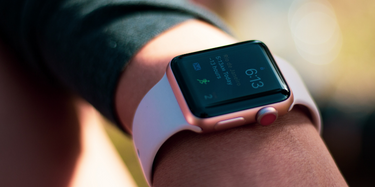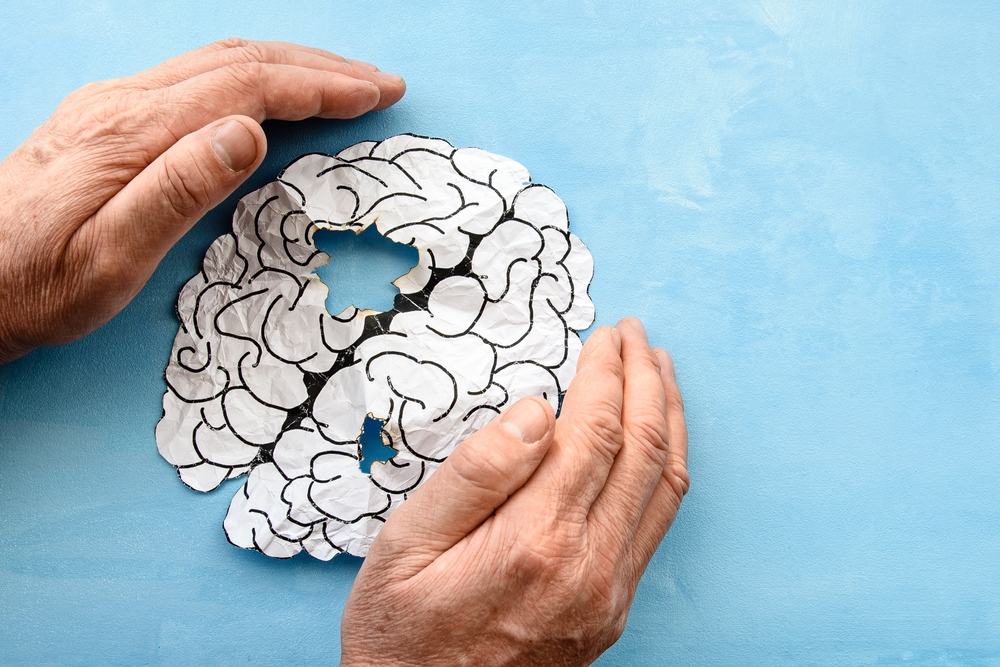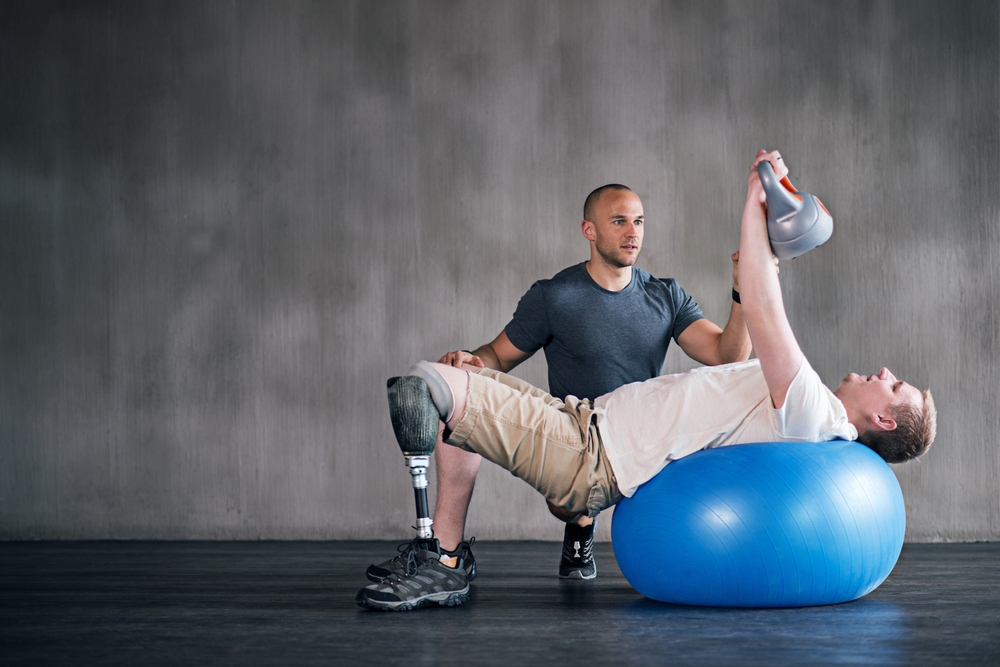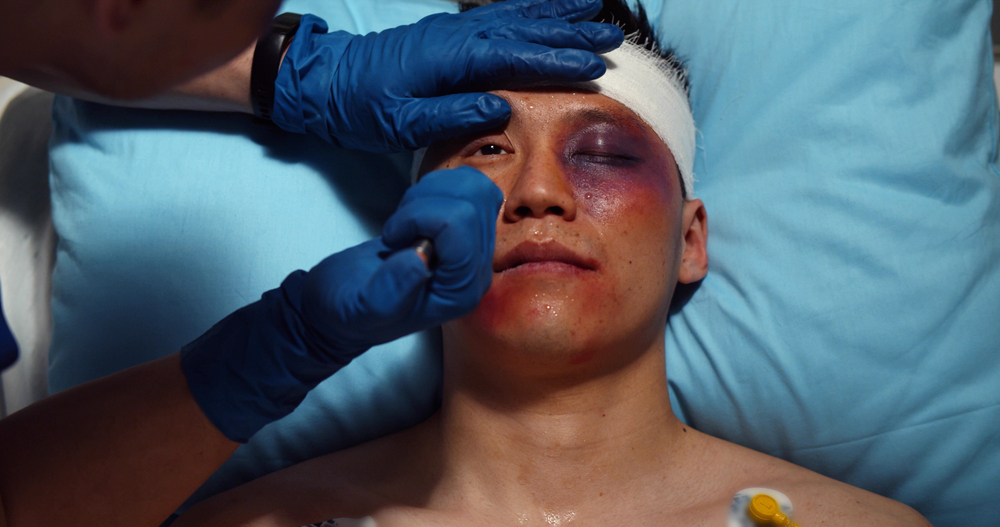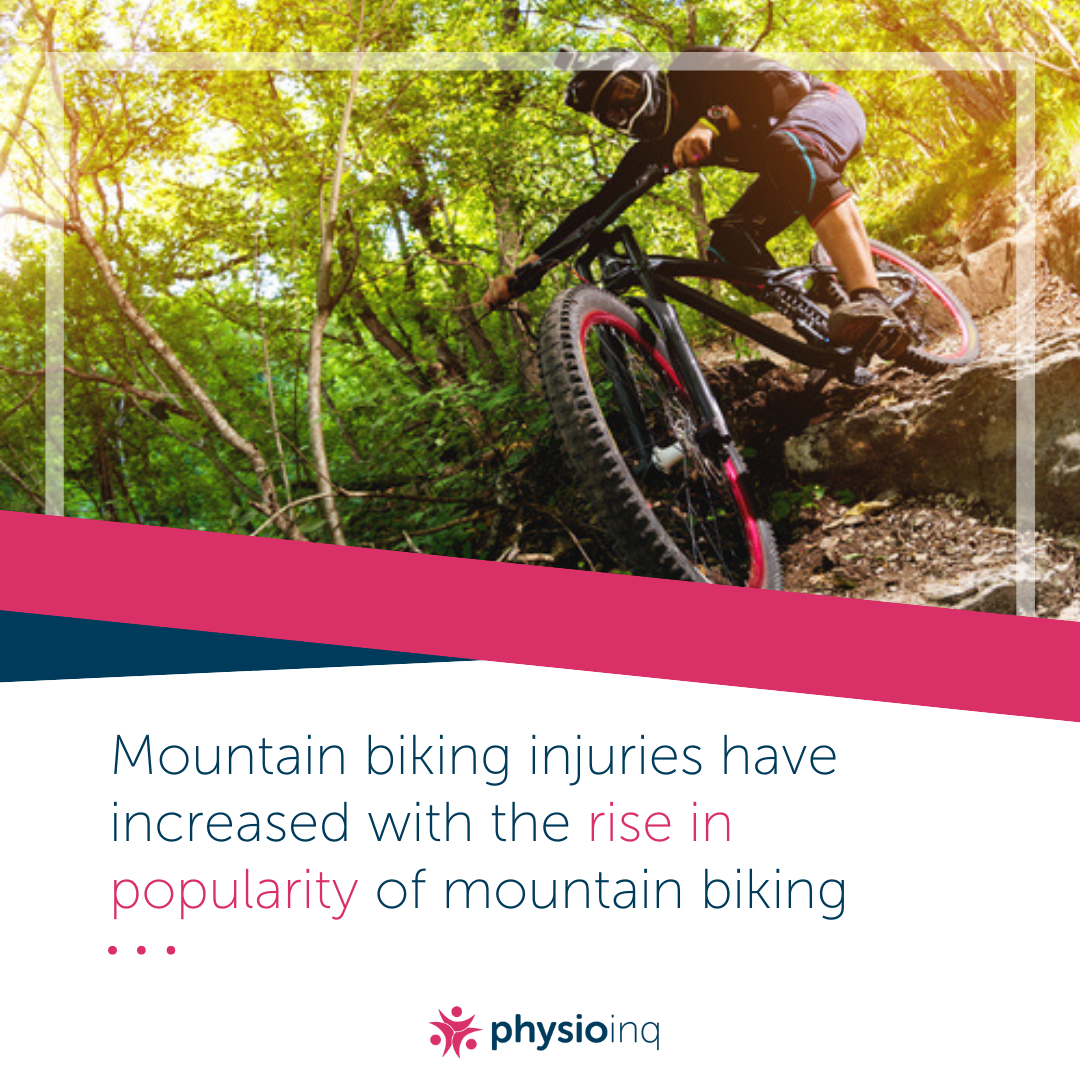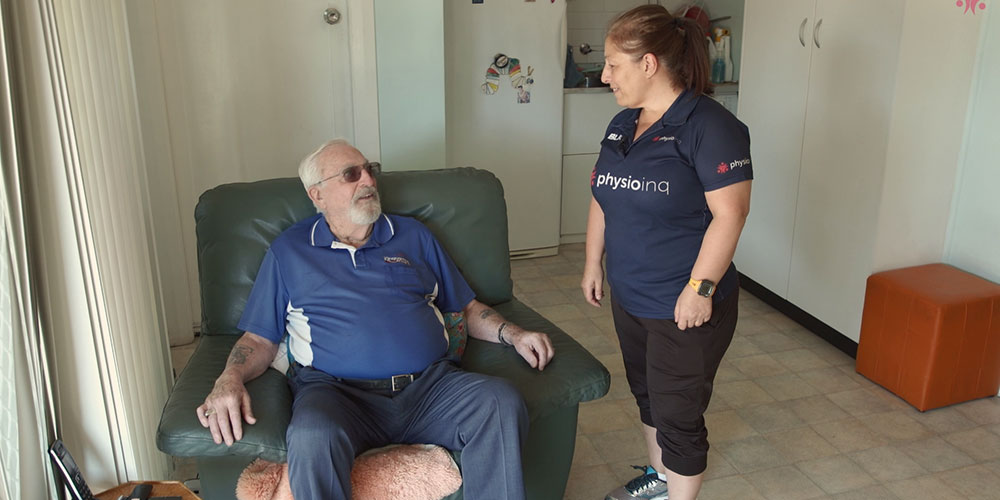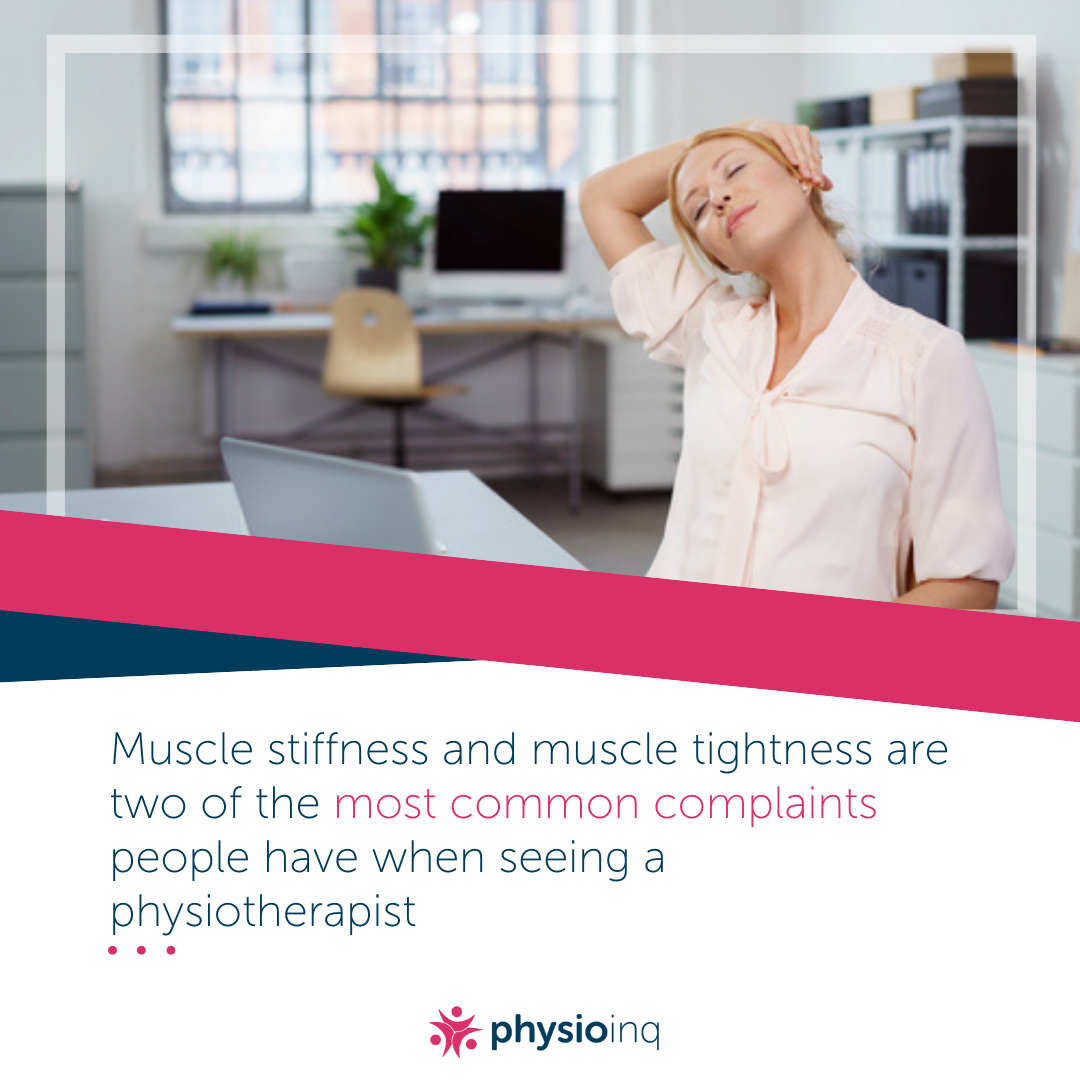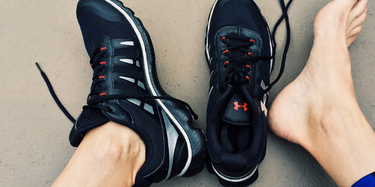Make an Appointment
Chronic pain is no joke. It can be completely debilitating and, even worse, might not be taken seriously enough by friends and family.
Did you know? Chronic pain can actually change the makeup of your brain. It’s true - there’s a reason why chronic pain can make you feel totally hopeless and unlike your normal self.
Here, we’re taking a closer look at chronic pain, how chronic pain affects the brain, and how physiotherapy can help with your chronic back pain or other forms of chronic pain.
What is acute pain and chronic pain?
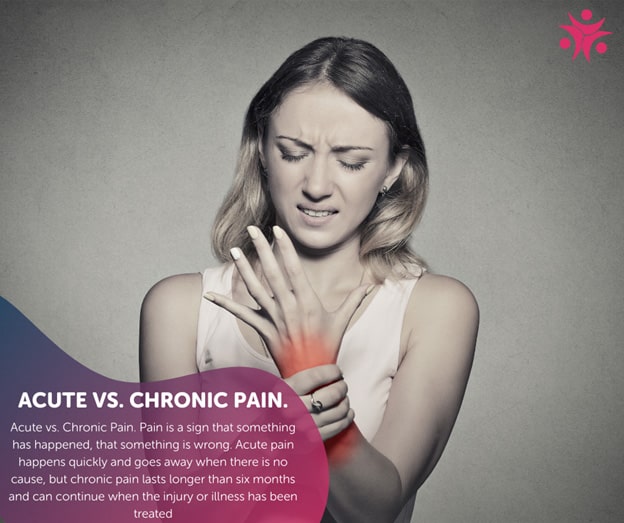
Acute pain refers to short-term pain that eventually heals. Acute pain might be associated with a broken arm or an ankle injury. Yes, you’ll feel pain. But once the proper measures are taken, that pain eventually subsides and you can go back to your regular activities.
Chronic pain, on the other hand, is long-term pain that can last months or even years. It’s usually caused by inflammation or nerve issues and requires regular treatment.
Those without chronic pain might not realise the toll it can take. Not only is it absolutely miserable to be in constant pain, but it also quite literally affects the brain.
Plus, the financial requirements of regular treatments can also cause a lot of stress, creating a feedback loop of pain and anxiety.
To better understand what’s actually going on with a person experiencing chronic pain, let’s have a look at how chronic pain affects the brain.
How does chronic pain affect the brain?
Research suggests that the brain perceives long-term pain differently than it perceives short-term pain.
One study found that when we experience acute pain, our thalamus opens, connecting the spinal cord with the higher centers of the brain. The thalamus allows information to pass about the acute pain, helping us to heal and recover.
However, when acute pain changes to chronic pain, the thalamus remains open long after the acute pain subsides. From there, the size of the thalamus decreases resulting in a decrease of the neurotransmitter called GABA.
With less GABA and the thalamus pathway wide open, it causes us to perceive pain more intensely since every signal in our brains is being fired, amplifying our experience of pain.
Chronic pain can actually change the central nervous system and influence our sensory, emotional, and modular circuits that normally help us manage pain. Basically, our CNS (Central Nervous System) is amplifying our perceived pain when we experience it for too long.
It’s why people with chronic pain can seem like they’re exaggerating their symptoms when, in reality, the brain is sending different signals than it sends to someone experiencing acute pain.
In short, chronic pain could be considered a neurological disease depending on how you look at it. Chronic pain, therefore, is often related to depression and anxiety due to these altered neurological and cognitive effects.
So, dealing with chronic pain means dealing not only with the physical sensations themselves but also the neurological damage that has been done as a result.
Psychologic Effects of Chronic Pain
Aside from the ways chronic pain affects the brain, chronic pain can also affect some other areas of our psychological health.
Chronic Pain Affects Our Mood
Since chronic pain can affect our emotional centers, it can cause our moods to swing widely. These changes might also cause someone to seek help from anti-anxiety and anti-depression medications, which can further affect one’s mood.
However, as one can imagine, chronic pain is likely to make a person feel helpless, frustrated, and scared, wondering whether the pain will ever subside. It’s not surprising that all of these effects compound.
Chronic Pain Affects Our Relationships
From physical limitations to emotional effects, chronic pain can do a number on our relationships. Whether you’re less empathetic to your spouse or you stay home instead of socialising due to your chronic pain, it can certainly have a negative effect on every relationship in your life.
Since strong relationships are essential to strong mental health, when your relationships suffer, it puts further strain on our psychological well-being. Just another way chronic pain can affect our brain.
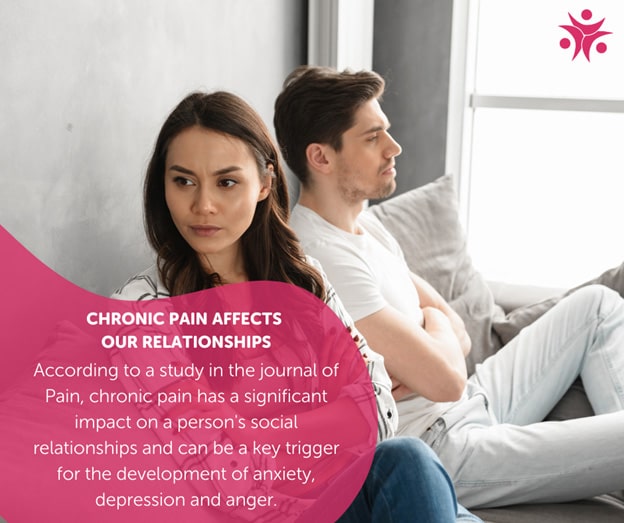
Chronic Pain Affects Our Personality
One study found that chronic pain creates smaller amounts of glutamate in the brain. Glutamate the brain’s key chemical messenger that regulates thoughts and emotions.
These lowered glutamate levels caused a disruption in the communication of brain cells causing negative personality changes including more negative, fearful, and pessimistic thoughts. In short, chronic pain can actually change our personality.
Chronic Pain Affects Our Sleep
Sleep is crucial to our overall health and well-being. As you might predict, dealing with relentless chronic pain makes it difficult to sleep uninterrupted. Poor sleep can cause immune system issues and further negatively affects our mood.
We have less self-control when we lack sleep and therefore can exacerbate chronic pain even further. Poor sleep is then not only a symptom of chronic pain but can also become a cause.
Chronic Pain Affects Our Memory and Focus
Not only does chronic pain affect our emotional state, but it can also interfere with our memory pathways. So, when dealing with chronic pain, we might also notice our ability to remember information is slipping.
Plus, these pathways also manage our ability to concentrate in the moment, making it difficult to work or study.
These issues only further cause feelings of frustration and helplessness, all working together in a feedback loop of struggle.
How to Deal with Chronic Pain
So, how can those who suffer from chronic pain cope? Is there anything to be done?
The good news is, for those who want to learn how to deal with chronic back pain and other kinds of chronic pain, there are options that seem to help including:
- Anti-inflammatory medication
- Anti-depressants and anti-anxiety medication
- Acupuncture
- Electrical stimulation
- Cognitive behavioural therapy
- Physiotherapy
How to Deal with Chronic Back Pain Without Medication
Physiotherapy is one of the best ways to help manage your chronic pain without medication. Our friendly Physio Inq professionals can work with you on a regular basis to manage your chronic pain symptoms on both a physical and psychological level
At Physio Inq, we offer well-rounded services to help those who suffer from chronic pain to get back to their lives with a more positive outlook and less discomfort.
Book an appointment at a Physio Inq clinic near you or take advantage of our mobile physio services that can come to your home or office. Contact us today and let us help you manage your chronic pain.
Other Useful Resources
Chronic musculoskeletal pain | hidden causes
Date Published: Thursday, February 4, 2021
Locate a Neuro Physiotherapy
Service Near me
Get the experience & convinence you deserve to support your or a loved one's allied health needs.
Our Neuro Physiotherapy team are currently serving & taking appointments in the following states and regions in Australia:
Need to get into direct contact with ur Client Services team? We're all ears. Call our team directly on 1300 731 733
